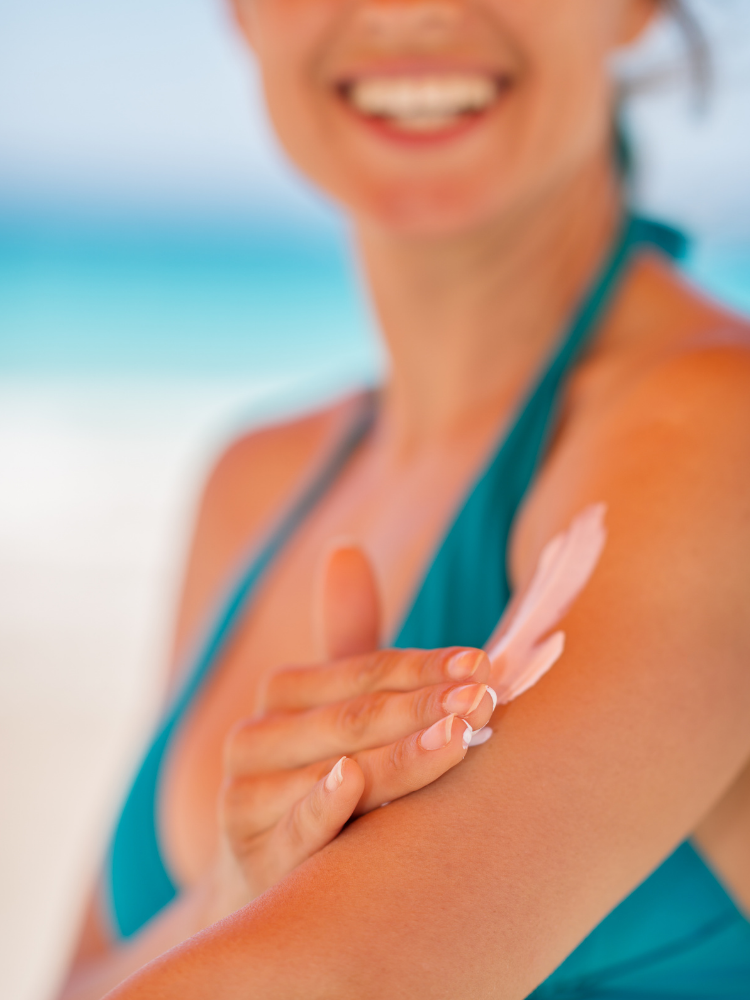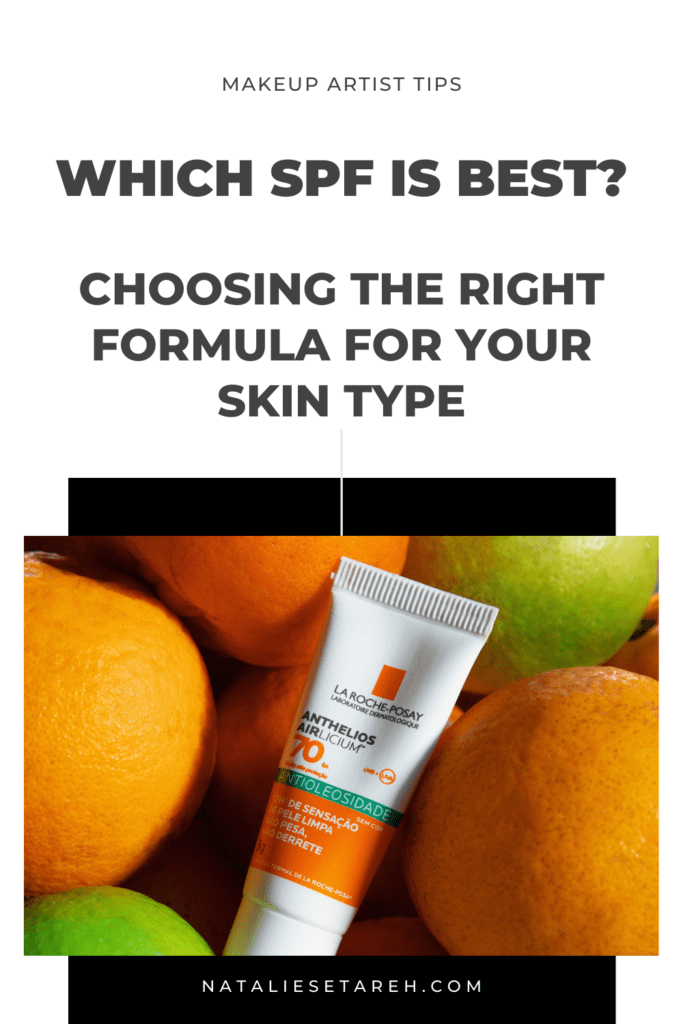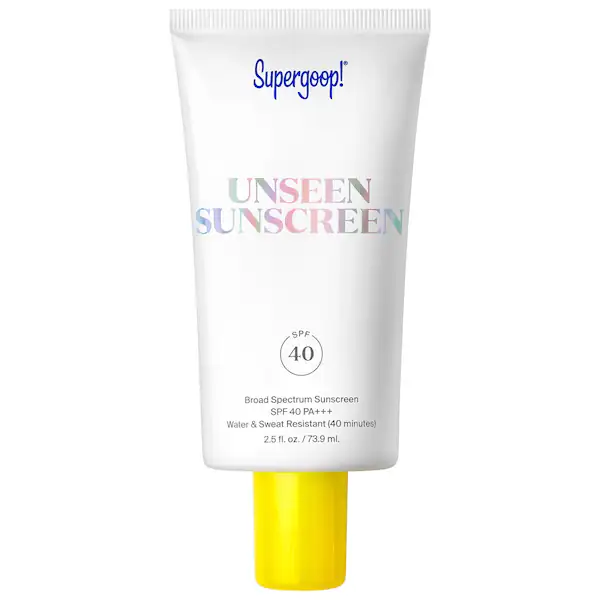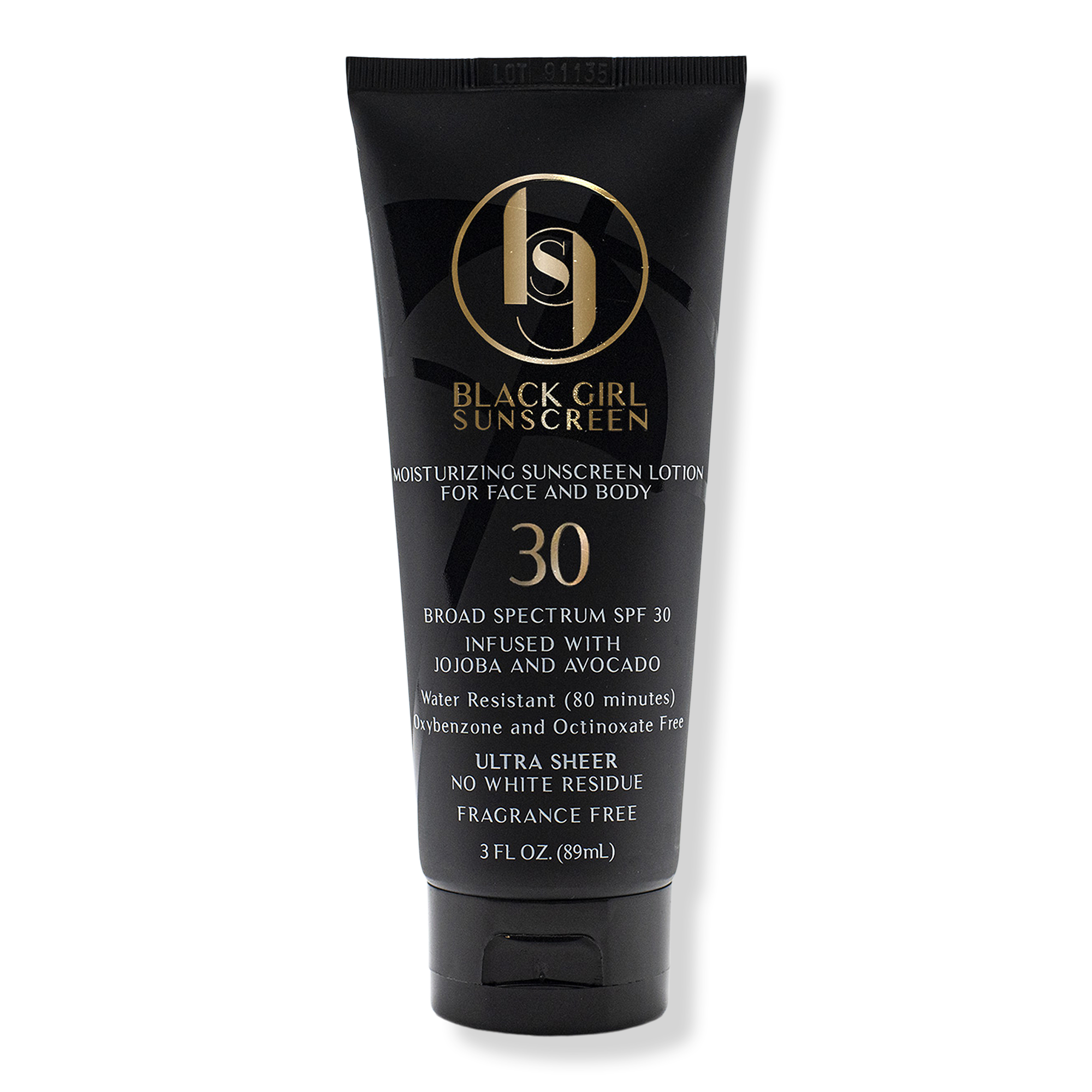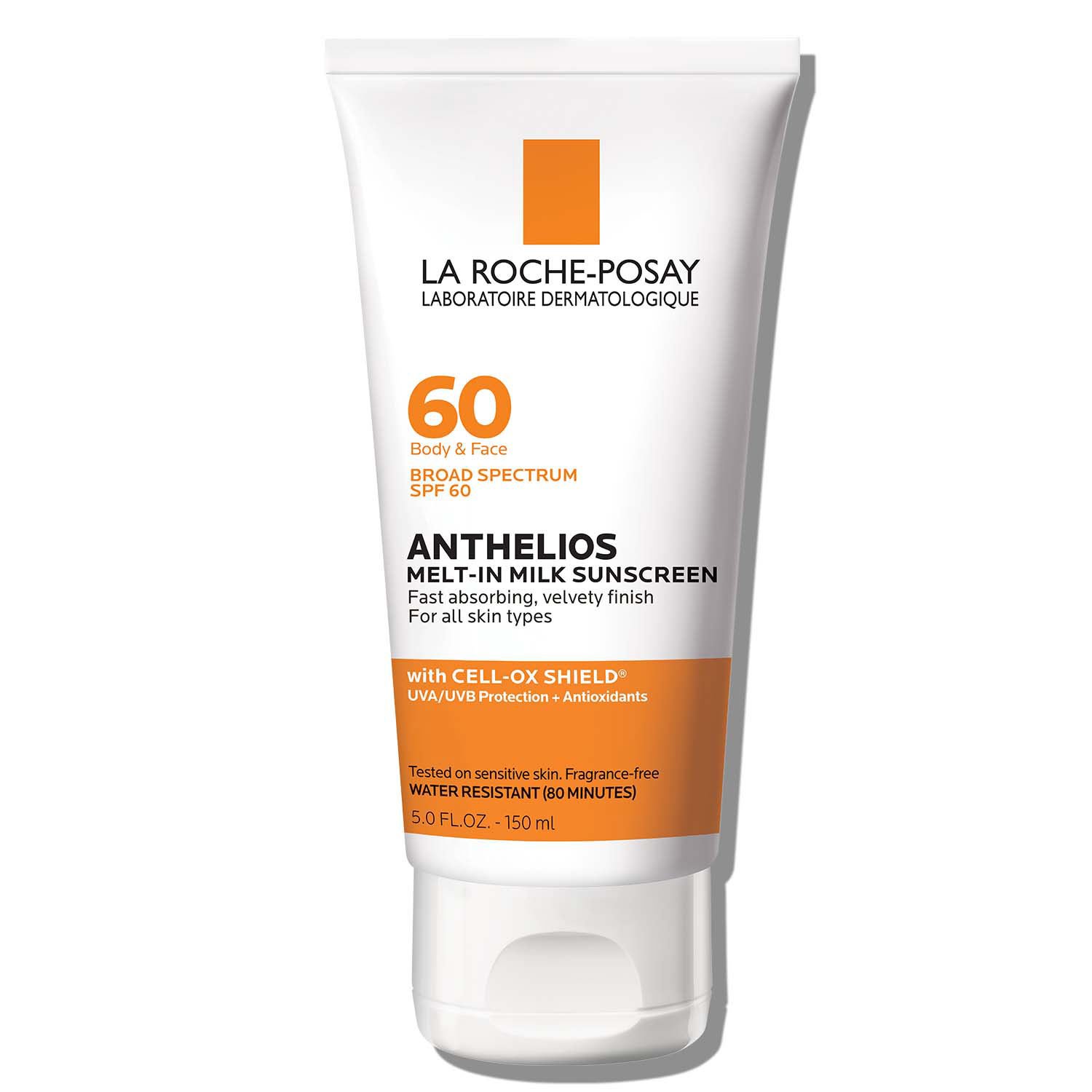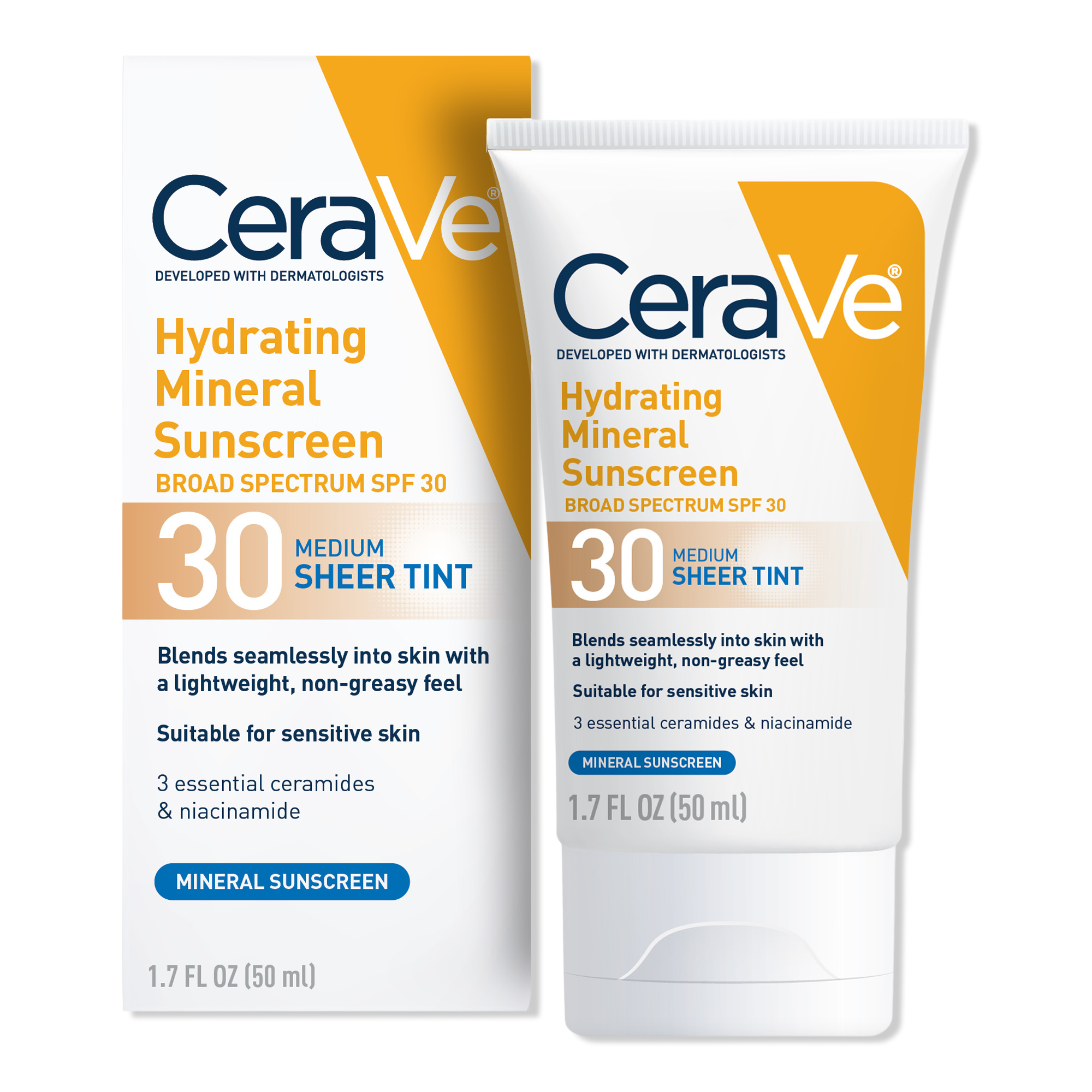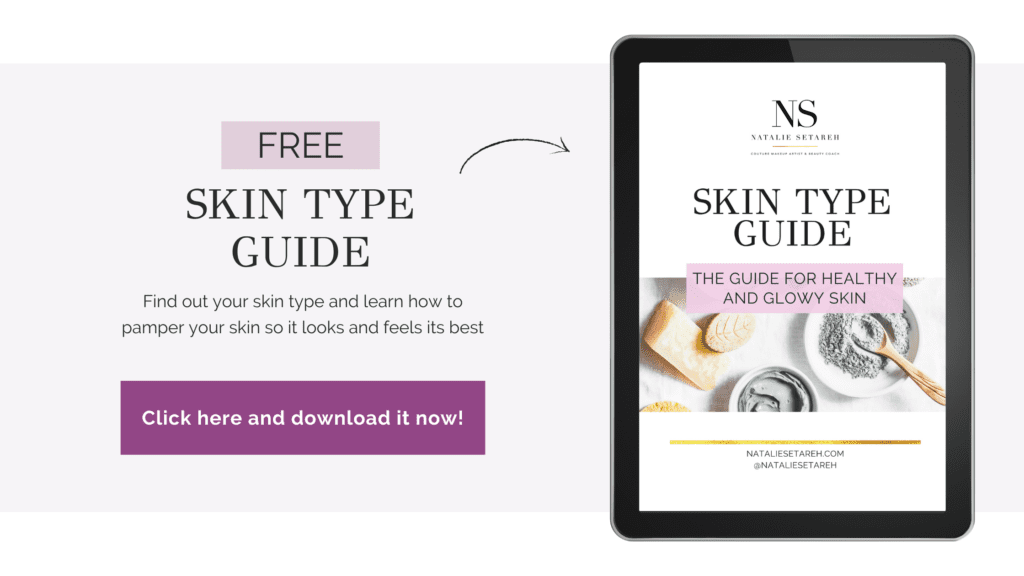Sunscreen is becoming increasingly popular, and for good reason. We’re starting to recognize the importance of daily sunscreen use, even though it’s not a new recommendation. With the growing emphasis on skincare, it’s exciting to see sunscreen taking a leading role in our daily routines.
The awareness about sun damage and its long-term effects on the skin is steadily growing, prompting more people to prioritize sun protection. It’s reassuring to witness the increasing popularity of sunscreen as we begin to understand its crucial role in maintaining healthy skin. With the wide variety of types of sunscreen available, including lotions, creams, gels, and even convenient spray sunscreens, finding the right type to suit your preferences and skin needs has never been easier. Shielding your skin from harmful UV radiation is essential, and selecting a sunscreen with an appropriate SPF level ensures you are adequately protected throughout the day.
Let’s embrace this trend and give our skin the care it deserves by making sunscreen an indispensable part of our beauty and skincare regimen.
However, this might leave you with questions about selecting the right sun protection and how to apply it effectively. Let’s dive into all things SPF!
Is Sunscreen Toxic?
There’s a lot of discussion about sunscreen toxicity, but it’s important to remember that everything is made up of chemicals. While I’m not an expert, a commercial from the Ordinary sums it up well.
Everything is chemicals.
Both the Skin Cancer Foundation strongly recommends the daily use of sunscreen for effective sun protection. They advise choosing a broad-spectrum sunscreen with an SPF of 30 or higher and applying it generously to all exposed skin areas. Reapplication every two hours or after swimming or sweating is essential. It is important to remember that sunscreen should be used alongside other sun protection measures such as seeking shade, wearing protective clothing, and avoiding sun exposure during peak hours. Following these guidelines helps minimize the risk of skin cancer and promotes healthy skin. For more information, you can visit the Skin Cancer Foundation’s official website.
The American Academy of Dermatology (AAD) strongly recommends the use of sunscreen as an essential part of sun protection. Their guidelines include choosing a broad-spectrum sunscreen with SPF 30 or higher, applying it generously to all exposed skin, and reapplying every two hours or after swimming or sweating. The AAD emphasizes the importance of daily sunscreen use, regardless of weather conditions, and advises combining sunscreen with other sun-protective measures like seeking shade and wearing protective clothing. Following these recommendations can help prevent sunburn, skin aging, and skin cancer. For more information, you can visit the American Academy of Dermatology’s official website.
SPF Acronyms, Broken Down
SPF stands for “sun protection factor,” and the number following SPF indicates how long you’re protected from UVB rays. You can also opt for broad-spectrum sunscreen, which shields you from both UVB and UVA rays.
When choosing sunscreen, look for SPF 30 or higher, as it blocks 97 percent of UVB rays. Increasing the SPF number only provides a marginal increase in protection. For example, SPF 50 blocks 98 percent, so there’s not a significant difference compared to SPF 30.
UVA Aging Rays
UVB– Burning Rays
=
Cancer
When choosing a sunscreen, look for something with at least an SPF 30, which will block 97 percent of the UVB rays. As the number increases, you add a little bit of protection but the difference isn’t really all that much. For example, an SPF 50 blocks 98 percent. So, you’re really not getting that much more protection than an SPF 30.
I’ve noticed as I get older, I become more and more concerned about whether my sunscreen is effective. I recently saw a YouTube video that opened my eyes to the different kinds of sunscreen products out there and how effective (or surprisingly ineffective) they are.
Broad Spectrum Sunscreen: Your Skin’s Ultimate Defender
Ah, let’s unravel the mystery behind the term “broad spectrum SPF.” It’s like having a superhero shield for your skin! You see, when a sunscreen is labeled as broad spectrum, it means it offers protection against both UVA and UVB rays. But what’s the big deal about these rays anyway?
UVA rays, also known as the “aging rays,” penetrate deep into the skin and can cause long-term damage like wrinkles, age spots, and premature aging. UVB rays, on the other hand, are the “burning rays” responsible for sunburns and the immediate redness you might experience after soaking up some sun.
But here’s the kicker: both UVA and UVB rays can contribute to the development of skin cancer. That’s why broad spectrum sunscreen is your skin’s ultimate defender. It shields you from the harmful effects of both types of rays, reducing the risk of skin cancer and helping to keep your skin looking youthful and radiant.
So, when you’re shopping for sunscreen, look for that magical phrase “broad spectrum” on the label.
It’s a sign that the product has undergone testing to ensure it provides balanced protection against UVA and UVB rays. And remember, wearing broad spectrum sunscreen every day, rain or shine, is a vital step in your sun protection routine.
For more information about the importance of broad spectrum sunscreen, you can visit the American Academy of Dermatology’s official website. Trust me, your skin will thank you for it!
Chemical Sunscreens vs. Physical Sunscreens
Choosing between chemical vs. physical sunscreens comes down to personal preference.
Chemical sunscreens work by absorbing UV rays and converting them into heat, which is then released from the skin. They offer a lightweight feel and a transparent finish, making them an excellent choice for everyday wear. Plus, they often come in a variety of formulations, making them easy to incorporate into your skincare routine. However, it’s worth noting that some individuals with sensitive skin may experience irritation or adverse reactions to certain chemical filters.
Chemical sunscreens typically contain a combination of various active ingredients that work together to absorb and dissipate UV rays. Common active ingredients found in chemical sunscreens include:
1. Avobenzone: This ingredient primarily absorbs UVA rays.
2. Oxybenzone: It absorbs both UVA and UVB rays and is known for its broad-spectrum protection.
3. Octinoxate (Octyl Methoxycinnamate): It absorbs UVB rays and provides protection against sunburn.
4. Homosalate: This ingredient primarily absorbs UVB rays and helps stabilize other sunscreen ingredients.
5. Octisalate (Octyl Salicylate): It absorbs UVB rays and is often used in combination with other sunscreen ingredients for enhanced protection.
6. Octocrylene: It provides broad-spectrum protection by absorbing both UVA and UVB rays.
These are just a few examples of active ingredients commonly found in chemical sunscreens.
Physical sunscreens, also known as mineral sunscreens, create a physical barrier on the skin’s surface that reflects and scatters UV rays. Think of them as tiny warriors defending your skin against the sun’s harmful effects. Physical sunscreens are particularly suitable for those with sensitive skin since they tend to be gentler and less likely to cause irritation. Plus, they provide immediate protection upon application, making them a reliable choice for outdoor activities or prolonged sun exposure.
The two main active ingredients found in physical sunscreens are:
1. Zinc Oxide: Zinc oxide is a mineral that forms a protective barrier on the skin. It provides excellent broad-spectrum protection against both UVA and UVB rays. Zinc oxide is known for its gentle nature and is suitable for sensitive skin.
2. Titanium Dioxide: Titanium dioxide is another mineral that reflects and scatters UV rays. It provides effective protection against both UVA and UVB rays. Like zinc oxide, titanium dioxide is well-tolerated by sensitive skin.
It’s important to note that the specific formulation and concentration of active ingredients may vary among different physical sunscreen products. Checking the product label or consulting with a dermatologist can provide more information about the active ingredients present in a particular physical sunscreen.
Protecting your skin from the sun is crucial every day, regardless of whether it’s sunny or cloudy. Taking care of your skin, especially during the summer, is always in style. Applying enough sunscreen is key to safeguarding your skin from the sun’s harmful effects. Choose a high-quality sunscreen that suits your skin type and preferences, whether it’s a lotion, cream, gel, or spray. Don’t forget to reapply throughout the day, especially during prolonged sun exposure. Remember, taking care of your skin, particularly during the summer months, is always in style. Prioritizing sun protection will help you maintain healthy and radiant skin for years to come.
While I can recommend specific products, it’s better and more honest to share my three favorite SPF brands since we all have different skin types and preferences.
Choosing a Sunscreen for Your Face
For Deep Skin Tones:
Chemical Sunscreen
Supergoop! Unseen Sunscreen SPF 40
This sunscreen is lightweight and has a sheer, invisible finish, making it suitable for deep skin tones. It doesn’t leave a white cast on the skin and provides broad-spectrum protection against UVA and UVB rays.
Physical Sunscreen
Formulated specifically for melanin-rich skin, this physical sunscreen is non-greasy, blends well, and doesn’t leave a white residue. It offers broad-spectrum protection while moisturizing the skin.
For Sensitive Skin:
Chemical Sunscreen
La Roche-Posay Anthelios Melt-in Milk Sunscreen SPF 60
This sunscreen is designed for sensitive skin and provides high broad-spectrum protection. It is fragrance-free, non-comedogenic, and formulated with soothing ingredients like antioxidants and thermal spring water.
Physical Sunscreen
Vanicream Sunscreen Sport SPF 35
Vanicream is known for its gentle formulas, making this physical sunscreen ideal for sensitive skin. It is free of fragrances, dyes, and common irritants, providing broad-spectrum protection without causing irritation.
For Dry Skin
Chemical Sunscreen
CeraVe Hydrating Sunscreen SPF 30
This sunscreen is formulated with ceramides and hyaluronic acid, which help hydrate and nourish dry skin. It provides broad-spectrum protection and has a lightweight, moisturizing formula for your smooth skin tone.
Physical Sunscreen
EltaMD UV Physical Tinted Sunscreen SPF 41
EltaMD UV Physical is a tinted physical sunscreen that offers hydration and broad-spectrum protection. It contains antioxidants and leaves a natural, dewy finish, providing moisture to dry skin.
For Acne-Prone Skin:
Chemical Sunscreen
Neutrogena Clear Face Liquid Lotion Sunscreen SPF 55
This sunscreen is specifically formulated for acne-prone skin. It is oil-free, non-comedogenic, and helps prevent breakouts while providing broad-spectrum protection.
Physical Sunscreen
DRMTLGY Anti-Aging Clear Face Sunscreen SPF 45
This physical sunscreen is suitable for acne-prone skin as it is oil-free, non-comedogenic, and contains niacinamide, which helps regulate oil production. It provides broad-spectrum protection without clogging pores.
For Oily Skin
Chemical Sunscreen
Paula’s Choice RESIST Super-Light Wrinkle Defense SPF 30
This sunscreen has a lightweight, matte finish, making it ideal for oily skin. It contains antioxidants and helps control shine while providing broad-spectrum protection.
Physical Sunscreen
EltaMD UV Clear Facial Sunscreen SPF 46
EltaMD UV Clear is a physical sunscreen that is oil-free, non-comedogenic, and has a lightweight formula. It contains niacinamide, which helps regulate oil production, making it suitable for oily and acne-prone skin.
Closing Thoughts
Remember, finding the right sunscreen involves some trial and error. It may take a few tries to discover the perfect fit for your skin, but don’t give up. Your skin’s health and protection are worth the effort!
In conclusion, sunscreen is an essential part of any skincare routine and should be used daily to protect your skin from the harmful effects of the sun’s UV rays. Choose a broad-spectrum sunscreen with an SPF of 30 or higher, and don’t forget to apply it generously to all exposed skin areas. If you don’t know your skin type, make sure to take my Skin Type Quiz.
Remember, the best sunscreen is the one you will use consistently. So, make it a habit, protect your skin, and enjoy the sun safely!
Discover the Perfect Sunscreen for Your Unique Needs! Book a Professional Makeup Artist Consultation Today and Get Expert Product Recommendations Tailored to Your Skin Type and Lifestyle.
The Best Sun Protection Is The One You Will Use!
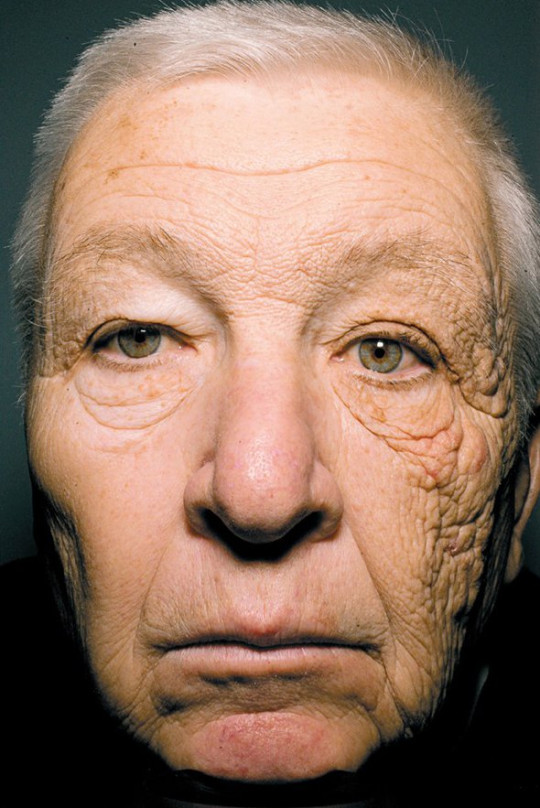
Photo: New England Journal of Medicine
Don’t know your skin type? I’ve got you! Find out what your skin really needs in order to feel and look its absolute best! Then, set aside a few minutes in the morning and in the evening to invest in your skincare game. It will pay off, trust me!
Beauty is about perception, not about make-up. I think the beginning of all beauty is knowing and liking oneself. You can't put on make-up, or dress yourself, or do you hair with any sort of fun or joy if you're doing it from a position of correction.
kevyn aucoin
